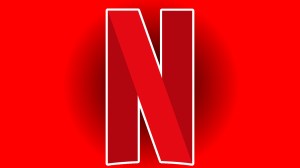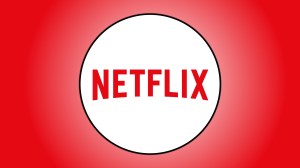In what’s likely a cost-saving measure, Roku has removed most of the original programming they acquired from the Quibi library. The Quibi shows make up the lion’s share of a 35-show block of programming removed from The Roku Channel, a free, ad-supported channel that serves as the home for the Emmy-nominated Weird: The Al Yankovic Story. The Quibi shows are licensed content, rather than original programming, and removing them from circulation is reportedly part of a roughly $50 million cost-cutting program. Roku also recently laid off around 10% of its staff, suggesting that their foray into original programming may have been a mistake for the company, best known as a tech company.
Videos by ComicBook.com
Roku, of course, is the company that makes set-top boxes (and now televisions) that provide one-stop access to dozens of apps, including retailers like Apple and Vudu as well as streamers like Netflix and Prime Video.
According to a rundown at Variety, the shows removed from the platform include Quibi’s Reno 911! revival; the offbeat comedy Dummy with Anna Kendrick; Sophie Turner and Corey Hawkins’s Survive, which centers on a plane crash; Christoph Waltz’s Most Dangerous Game; Singled Out (a reboot of the ’90s MTV dating show); The Andy Cohen Diaries; Kiefer Sutherland’s The Fugitive; reality-racing show Elba vs. Block; Tye Sheridan’s survival drama Wireless; and a variety of less notable projects including Dismantled, the Newsreaders, Panhandle, Slip, Moving the Needle With Dr. Woo, Surprise We’re Pregnant, Eye Candy, Murder House Flip, Let’s Roll With Tony Greenhand, About Face, Barkitecture, Big Rad Wolf, You Ain’t Got These, Murder Unboxed, Gayme Show, Iron Sharpens Iron, Squeaky Clean, Fierce Queens, Benedict Men,Memory Hole, Nice One!, Run This City, The Sauce, Gone Mental With Lior, Cup of Joe, and The Stranger.
Most Dangerous Game is an especially interesting inclusion here, because it actually was renewed for a second season at Roku, suggesting that at one point, it was performing well enough to keep it alive. The characterization of the Roku material as being “licensed content” is also interesting, in that prior reports suggested Roku had bought them outright. It’s possible one or the other characterization is mistaken, but it’s equally possible that they own the rights, but are still on the hook for license fees to the production studios that Roku now considers onerous.









